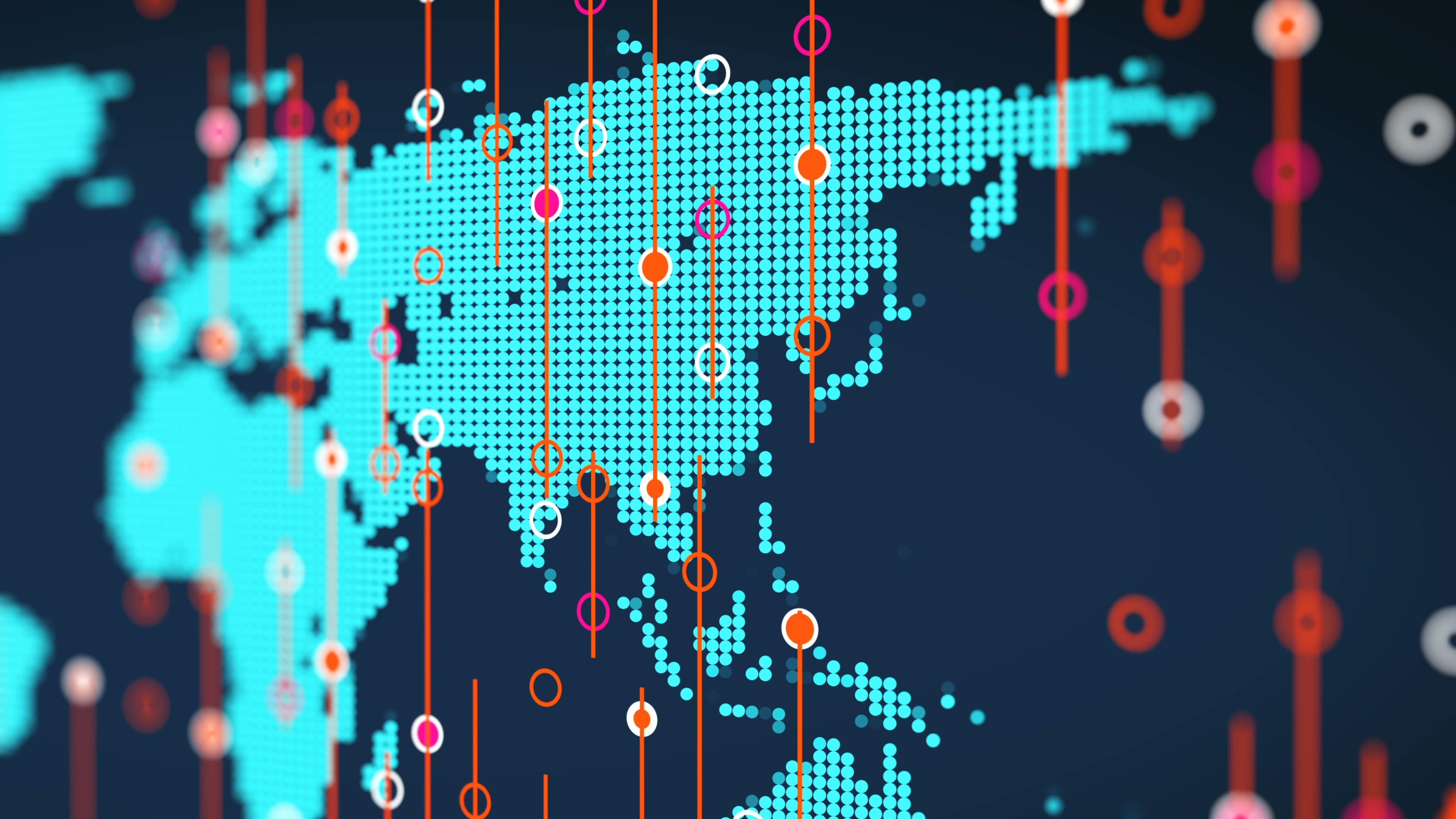
The Asia-Pacific region is becoming increasingly important to the UK’s trade agenda after the government struck a deal to join the Comprehensive and Progressive Agreement for Trans-Pacific Partnership (CPTPP) last week, with talks also ongoing for a trade deal with India.
Here, the IOE&IT Daily Update rounds up the latest developments in this key trading region.
UK joins CPTPP
As noted, the UK last week struck a deal to join CPTPP, with prime minister Rishi Sunak saying that joining the bloc “puts the UK at the centre of a dynamic and growing group of Pacific economies”.
Talking to BBC World Business News on Friday, IOE&IT director general Marco Forgione said joining the bloc was a “huge achievement” for the UK.
“The economies in the CPTPP are the most dynamic, fastest growing economies in the world,” he said. “Being part of that free trading environment is going to be essential to growing the UK economy in the future.”
You can read more about Forgione's response to the UK’s joining CPTPP here and read more about why it matters to UK businesses here.
China looks to calm Apple
Apple CEO Tim Cook met with China’s minister of commerce Wang Wentao last Monday (27 March) as Beijing looks to reassure corporate leaders about production and reliable output in China.
The meeting comes as Apple is reportedly moving some production out of China, with major supplier Foxconn rumoured to be opening a massive factory in India, reports CNBC.
The meeting came as head of AP Møller-Maersk, Vincent Clerc, told the FT that China’s post-Covid economic rebound is weaker than expected, with consumers “stunned” from pandemic disruptions and a real estate meltdown.
China has set a growth target of 5% this year, its lowest in decades, and profits at Chinese industrial groups were down 22.9% in January-February, official statistics showed.
Minerals deal could ease EV trade
The US and Japan have signed a trade agreement covering critical minerals needed for electric car batteries, reducing US dependency on China.
They will also refrain from imposing export duties on lithium, cobalt, manganese, nickel and graphite, and share information on potential labour violations in the supply chain, reports the FT.
According to Reuters, the deal would pave the way for electric vehicles made with metals processed in Japan to be eligible for tax incentives under the US IRA scheme.
South Korea and Japan accord
Japan and South Korea are looking to build “a new era” of diplomatic relations following their first summit in 12 years as they eased trade tensions and agreed to resume intelligence sharing.
Japan’s PM Fumio Kishida and South Korean president Yoon Suk Yeol met in Tokyo this month as the countries wrestled with disputes, including over forced labour dating back to WWII, reports the FT.
Tokyo has said it will lift export controls imposed in 2019 on chemicals vital to South Korea’s chip industry, and Seoul said it would withdraw a complaint lodged with the WTO over the restrictions.
Bloomberg reports that South Korea’s early trade data showed a deepening slump in exports as global demand for semiconductors remains weak and China’s reopening is yet to generate any boost.
Total exports fell 17.4% in March while chip sales plummeted 44.7%.
Vietnam export demand falls
Vietnam’s export reliant economy is also being hit by a slump in overseas demand, Reuters reports.
Its $372bn gross export earnings equate to 90% of output last year, but the country lacks China’s enormous consumer market demand as foreign demand stutters.
Overseas sales contracted 14.8% in March from a year earlier, contributing to the 11.9% drop in exports this quarter, according to official statistics.
“Vietnam GDP is taking a brunt from the downturn of the global trade cycle and its export exposure is close to 100% of GDP, which has dragged down manufacturing,” Trinh Nguyen, an economist at Natixis SA in Hong Kong, told Bloomberg.
Malaysia investment
International investors are showing their confidence in the stable administration of Malaysia’s prime minister Anwar Ibrahim through a pipeline of new deals, the country’s trade minister told SCMP.
Anwar is currently visiting Beijing and will meet Chinese president Xi Jinping to reinvigorate relations with the world’s second-biggest economy, reports Bloomberg.
He urged China to redouble its efforts on the Belt and Road Initiative - China’s global infrastructure project that has faced headwinds recently after a series of debt write-offs and scandals.
He also discussed bilateral cooperation, including trade, investment and food security, according to a statement from Malaysia’s Ministry of Foreign Affairs.



